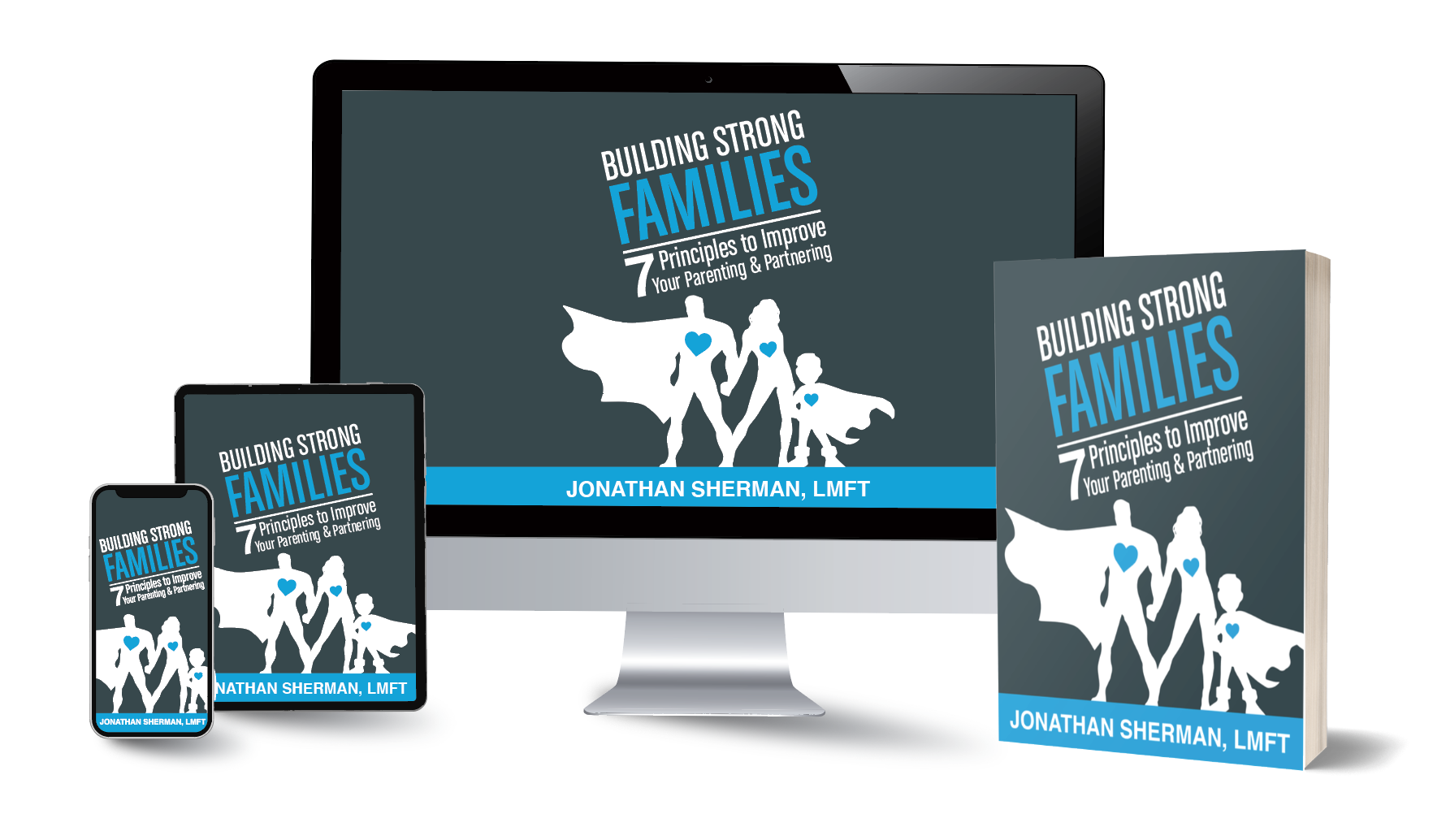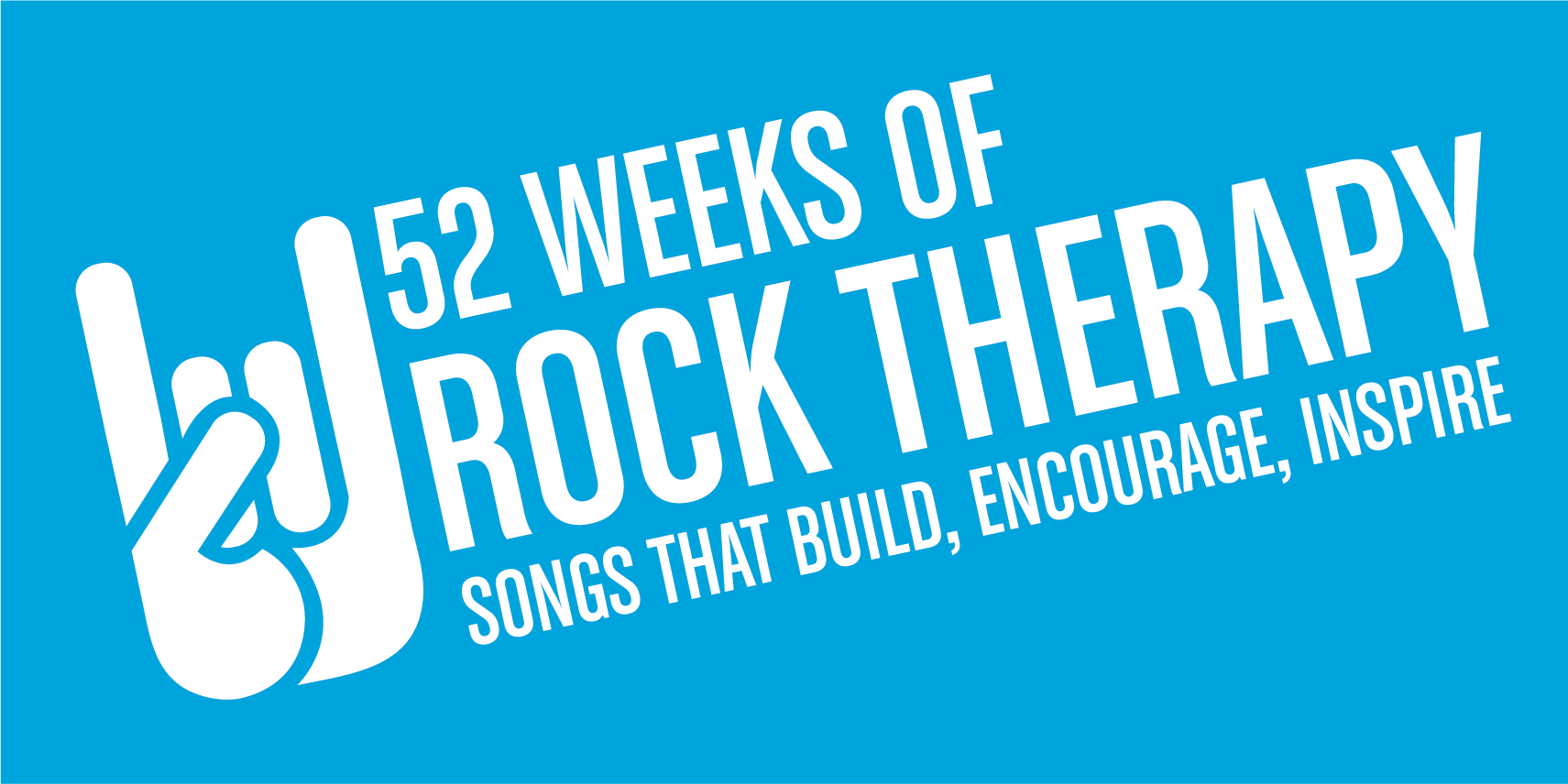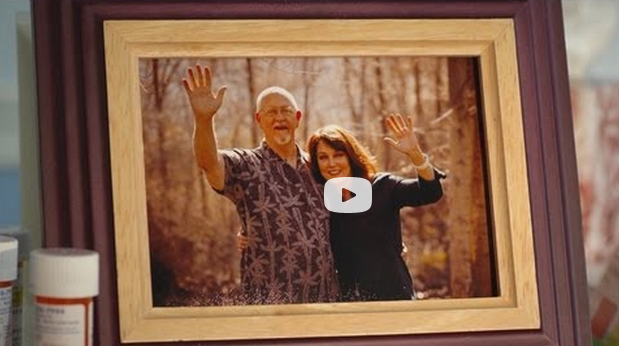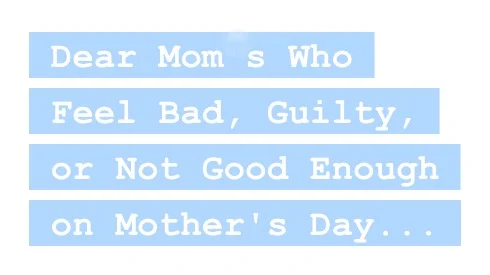Description:
Too often teens, and those who work with them, in the system feel at odds with each other and unintentionally end up engaging in fruitless power struggle after power struggle with each other. These power struggles work counter-productive to the goals we want for them as well as the goals they want for themselves. The presenter, Jonathan Sherman, LMFT, is a "tactical relationship strategist", speaker and trainer who works as a private consultant to courts, schools, and corporations. He was the former Youth Substance Abuse Coordinator for Valley Mental Health and has worked with youth and adults in the addiction and forensic populations for 20 years.
Objectives In this workshop you will learn key mindsets and practical strategies to:
Understand what "normal" is for teens so you can work within their frame instead of fighting against it;
Know how to help teens do better in school;
Handle home and friend challenges better;
Take greater control of their strong emotions by learning from "the masters"; and
Leverage their natural desire to think logically and "out-smart" the system.
In short, you'll learn how to help the teens you work with learn how to "work the system" to their benefit, and in a way they resonate with, instead of getting sucked further into the system.
Scheduling and further info. Please call me at 801.787.8014 or email me at jonathan@MarriageEnvy.com.
Evaluation Results
I don't filter the evaluation results I give them here as straight as I get them. I figure if you're making the important decision to select the right speaker for your group is it better to just get filtered positive only testimonials about a potential speaker or to know how people respond to the speaker including both those who loved it and didn't? So if someone thought I stunk you'll hear it here first. Obviously, I don't try to make everyone happy. Part of my utility is to get people out of their comfort zones. If the majority love an approach I use in a seminar I'll continue those items that resonate with most. If the majority hate an approach I'll drop it. If one or two people don't like what the majority love, then I don't give much heed to those critiques, of course. However, I appreciate all feedback, which is one of the reasons my evaluation results are consistently high: My audiences teach me what they like and what works best for them and I listen.
My evaluation form contains the following items:
1-10 Rating: "Please rate your overall experience of this presentation"
Horrid/Very Poor
Poor
Fair
Good
Very Good/Excellent
1
2
3
4
5
6
7
8
9
10
The Good: "What was brilliant, superb, exhilarating, life-altering, or opened the heavens for you? In short, what did you like about the presentation?
One Thing: "What's one thing that you plan on using and/or implementing into your life from this presentation?" This tells me out of everything what was the one thing that had the most meaningful impact.
The Bad: "What stunk, turned your stomach, gave you a headache, made you dizzy, or gave you gas? In short, what didn't you like that could be improved and/or what would you like to see covered that wasn't? (Go ahead, I can take it!)"
Requested eZine: This is actually also an evaluation measure: You'd think that someone who would give a lower rating didn't like the presentation. However, while it may not have been the favorite for that person, they got enough out of it that they would like to receive emails containing articles, tips, strategies and events on these topics from me.
Event: Teaching-Family Association (TFA) 36th Annual Conference Date: October 29, 2013 Attendance: Keynote Address (200 attended) Breakout Session (50 attended) Number of Evals Returned: (waiting for all to be returned) Average Rating for this Event: --/10
I am a Licensed Marriage and Family Therapist that attended your keynote address and workshop at the Teaching-Family Association (TFA) National conference. I thoroughly enjoyed the conference, particularly the component of overcoming resistance from organizations and families! I am going to show the horse whisperer video example you used for parents that I am working with. Thank you for your presentation, it was very refreshing to get a systems and resistance perspective!
—Sincerely, Mike Morgan, LMFT
[table] Rating,The Good,One Thing Different,The Bad,eZine?
10,"Say it how it is. As for 'working the system' I've been 'tested' and know how to be patient and pass their tests as well. Especially for reactive attachment disorder (RAD). Loved this quote, 'Every child deserves one adult who is absolutely crazy about them.' Thank you.","Leverage their strengths, manage around their weaknesses. IQ x EQ = Success.","N/A",Y
1o,--,--,--,Y
10,"Understanding expectations for good therapy.","Change my own expectations.",--,Y
10,"Inspiring to put the info on to the faces of the kids I work with. Practical.","The concept of cognitive diversity.",--,Y
10,"Case studies always add to content! So helpful.","Validate, normalize, and EXTERNALIZE!","I liked it all!",Y
10,"Engaging. Really made me think.","Connect to trauma-informed care. Examples and approaches.",--,Y
10,"I felt this related to me as a child and as an adult.",--,NA,Y
9,"I love the stories you told. I connected with them.","Building a better relationship with my clients and families.",--,Y
9,"Great topic. Liked talking about meeting youth where they are vs. where we think they 'should' be.","Working on relationships instead of 'fixing' them.","Nothing.",Y
9,"Loved all your information.",--,Nothing,Y
8,--,--,--,Y
[/table]
Conference's Evals:
4 = Completely Satisfied 3 = Satisfied 2 = Needs Improvement 1 = Dissatisfied NA = Not Applicable IIR = Insufficient Information to Respond
1. How satisfied are you that you have learned the necessary skills taught in this session?
4. Very clear and no "mumbo jumbo."
3.
3
4
3+
2. How satisfied are you with the usefulness of the training provided during this session?
4. Very good.
4
3
4
4
3. How satisfied are you with the quality of the instruction of this session?
4. Fantastic
4
3
4. His humor is enjoyable.
4
4. How satisfied are you with the way the instructor answered the questions in this session?
N/A in the keynote
3
4
N/A
N/A
5. How satisfied are you with the instructor's knowledge of the subject matter in this session?
4. He knows the subject very well.
3
4
4
4
6. How satisfied are you with the pleasantness of this instructor's training in this session?
4. Super!!!
4
4
4 . Very approachable.
4
7. How could we change this session?
Nothing needs to be changed in my opinion.
Great session! I wanted more!
It was great.
--
Loved it!
[divider]
Guardian ad Litem and CASA Annual Conference September 17, 2009, Bryce Canyon, UT. Length: 2.0 hours. Number of participants: 60
"Forced me to look at my perspective of interaction with kids in a whole different way!"
Participant
"The biggest 'WOW!' moment for me was realizing that change will always happen and the lack of change is only in the now."
Participant
"I liked it all. I hope to be able to sit in on another of Jonathan Sherman's prsentations!"
Participant
Rate your overall experience of this presentation (9.1/10 Average)
Results
Very Poor
Poor
Fair
Good
Very Good/Excellent
1
2
3
4
5
6
7
8
9
10
R a t i n g
The Good:
What did you like about the presentation?
One Thing
What's one thing that you plan on using and/or implementing into your life from this presentation?
The Bad:
What didn't you like that could be improved and/or whatwould you like to see covered that wasn't?
10
"
"
--
10
"Very informational"
"Better marriage, understanding children"
--
10
"I am one of those 'hands-on' people, so I appreciate the many examples you provided on communicating with teens. 'Why should he trust?'—a good reminder. I liked your concept of the power held by the scapegoat child.
"I'm going to work with my 12 year old CASA client on modifiying his behaviors—when he's ready—or at least feeling less powerless.
"It was a good presentation and kept my attention."
10
"Focusing on diagnosis as assets not detriments."
"solution-based."
--
10
"Making the child feel normal within their situation. There are different options. Assuming the best."
"Better communication with kids."
"I liked it all. Hope to sit in on another of Jonathan Sherman's prsentations!"
10
"Forced me to look at my perspective of interaction with kids in a whole different way."
"5:1 principle and my idea of 'normal'."
"Nada."
10
"The biggest 'WOW!' moment for me was realizing that change will always happen and the lack of change is only in the now."
"Never to buy into 'The Lie'. I want to be a 'Hope-monger'!"
"There was a slight difference between the slides on the screen and the handout. Not a huge deal, but something to fill this space. :-)"
10
"I liked the examples from real life and how Jonathan created conversations to show how to use the skill presented. I really liked the approach of looking for the exception. Also, the 'assuming good' concept."
"The solution-focused questions."
"The 'study smarter' section was not really relevant to my work and what I thought the lecture would be about."
10
"Picking/noting the good. It really does build trust. Listen more than you speak."
"Picking/focusing on the good/positive."
"Nothing."
10
"Fantastic information! Real-life applicable principles."
"Though I'm aware of the the 5:1 ratio I want to be more mindful in applying."
--
10
--
--
--
10
"Common sense approach to motivating teens."
"'The Truth vs. The Lie' technique. Letting my teens talk or not.
"N/A"
10
"The horse whisperer (Monty Roberts) was a really good and memorable metaphor. I was unfamiliar with the solution-based approach and I am interested in looking into it further."
"I plan to let my grandson in on a secret about math that most people don't know. It's not about where you sit, but it works, and you gave me an idea about how to present it!"
"Nothing really, though I doubt my ability to pull this strategy off in the way you obviously do. I shall think about how to create my own way of using those strategies."
10
--
--
--
9
--
--
--
9
"Examples given. Answering questions."
"Reading more on relationships."
--
9
"New things introduced."
"5:1 ratio"
--
9
"The interaction/discussion"
"Soution-based therapeutic approach"
"Nothing."
9
"The presentation style. The sincerity. The positive approach. The genuineness."
"'How's that working for you?'"
"Nothing."
9
--
--
--
9
"Emphasis on positive instead of focusing on the negative. No bad kids—the system is [failing?] them."
"The 5:1 ratio"
--
9
"It provided me with a lot of insight into how to think like a teen and set the parameters where they can have some control as they often feel helpless. I loved the horse work to illustrate fight/flight and how calm/consistency helps."
"Giving them more control over the relationship dynamics."
"Tips to try to establish the bringing together with the teen when we have such limited time."
9
"Horse-whisperer—good example."
"Looking at what is there instead of focusing on what is not."
"Beginning took too long to get to meat—make material in beginning shorter."
9
"Good example, interesting stories, nice pacing and flow."
"Not buying into 'The Lie'."
"A few questioners seemed to derail the conversation and I lost focus."
9
--
--
"Not enough time for more full development...would've liked more!"
9
"Where to sit in the classroom. How to interact with teens."
"Where to sit in the classroom. How to interact with teens."
"None"
9
"made me re-evaluate how I'm communicating with not only clients, but others in my life."
"Giving choices, not reacting, externalizing the problem."
"I would have liked more time!"
9
"Better understanding of how to work with teenagers."
"Listening, validating, patience."
--
9
"GREAT ideas, great ways to work with teens. I will use in practice."
"the horse whisperer methods, let the child have control."
--
9
--
"5:1, so many others!"
"N/A"
9
"Loved the ideas to help kids trust you, and open up."
--
--
9
"It was so informative. I learned a lot abou thow to relate to teenagers in work but SO much of it applied to how I have been interacting with my own three year old...and my husband. I think I need to study this more b/c it is so relevant to my everyday existence and not just my job!"
"5:1, externalizing problems, not labeling, LEVERAGING perceived weaknesses."
"The time slot was bad, I was tired, more participation would have maybe kept us more awake."
8
"I liked the foucs on seeing and concentrating on the positive."
"See above."
--
8
"Great job. Very informative."
"Solution-focused conversations."
"End of the day time-slot--attention span is hard..."
8
"Focused on solution-based change. Need to be on the teen's level."
"5:1 ratio"
"Solutions non-therapists can use over a short period of time would be good, too. Thanks."
8
"Relevant to our population."
"How to work with teens."
"I was tired."
8
"I liked it all but the horse."
"More clarity on how kids reach me. Where to sit in class."
"Horse whisperer, while a good analogy, didn't care for it."
8
--
"Valdiating, normalizing, 5:1"
--
7
"The different ways to interact with teens."
--
"Kind of long, no breaks."
10
"
"
--
10
"
"
--
10
"
"
--















































